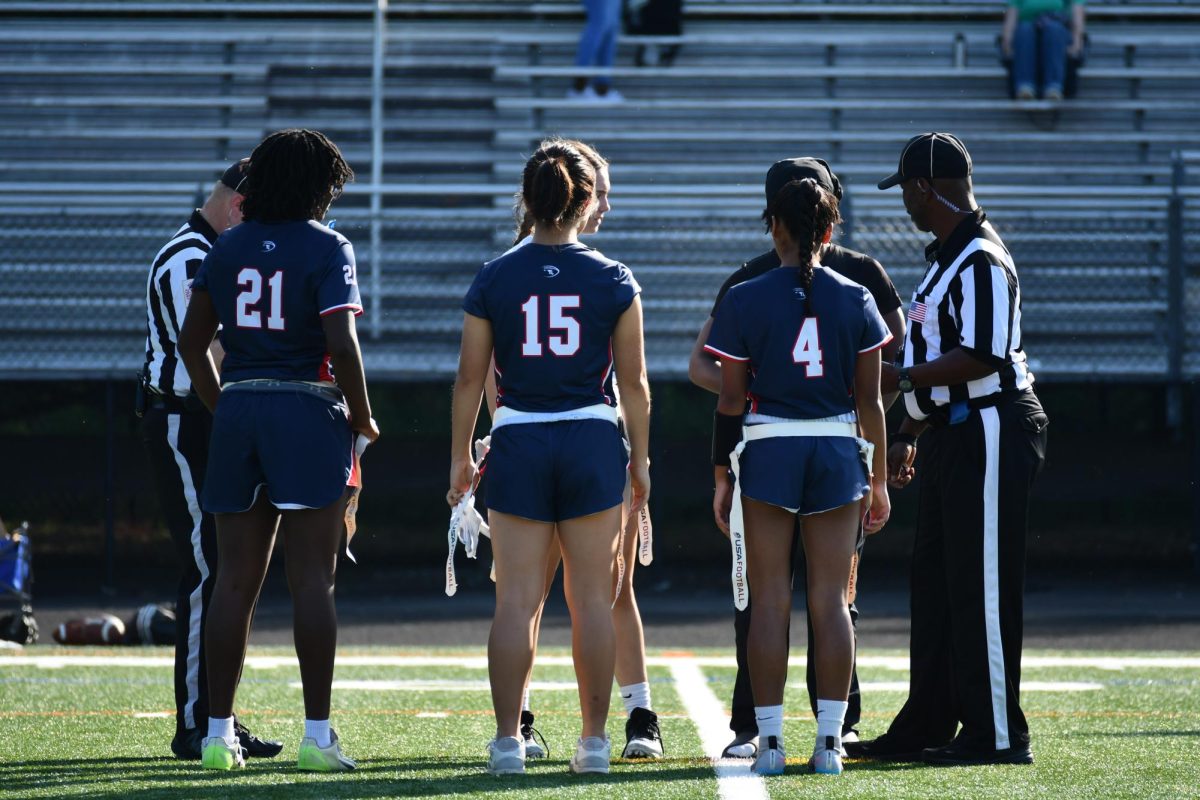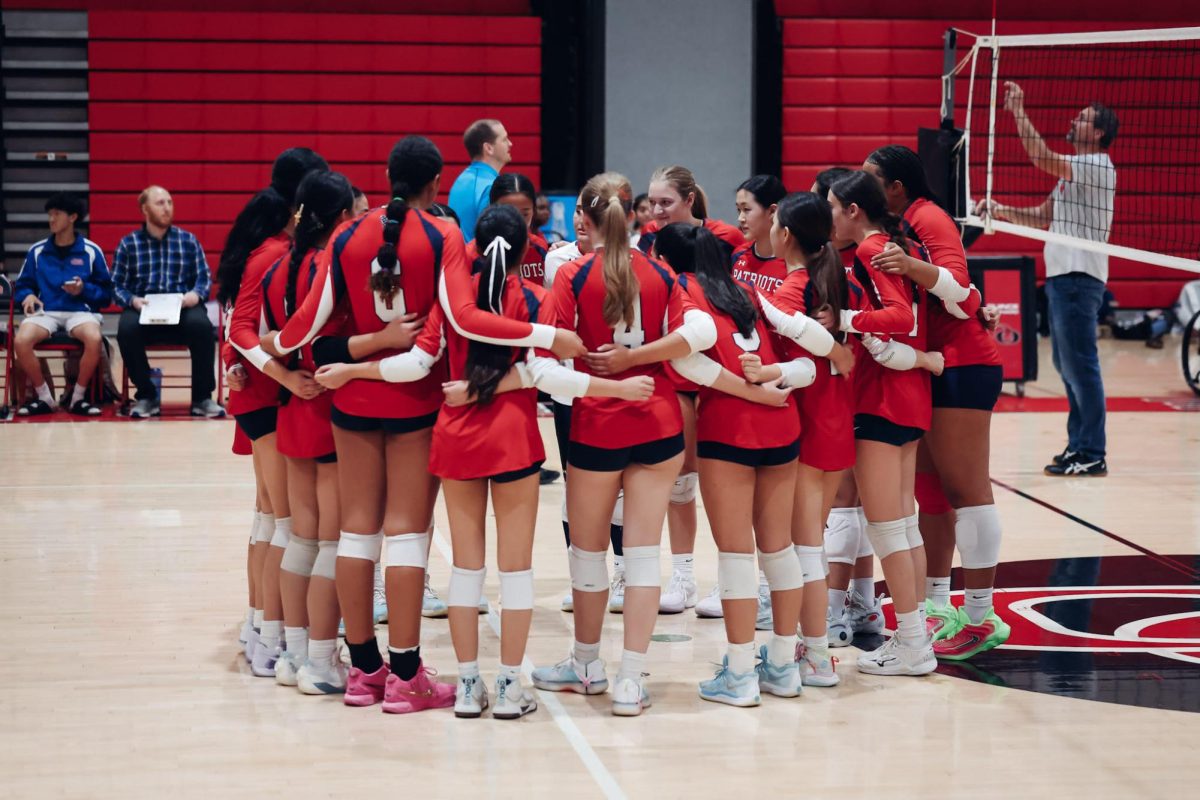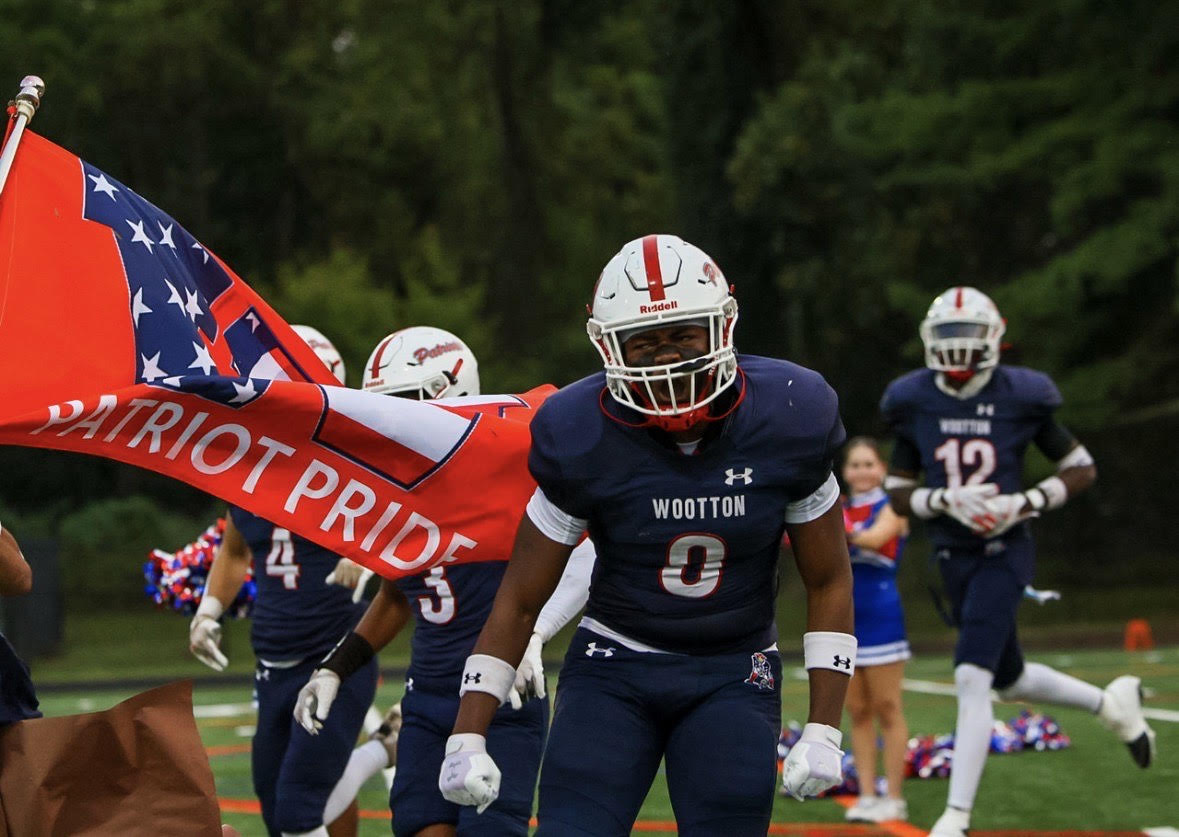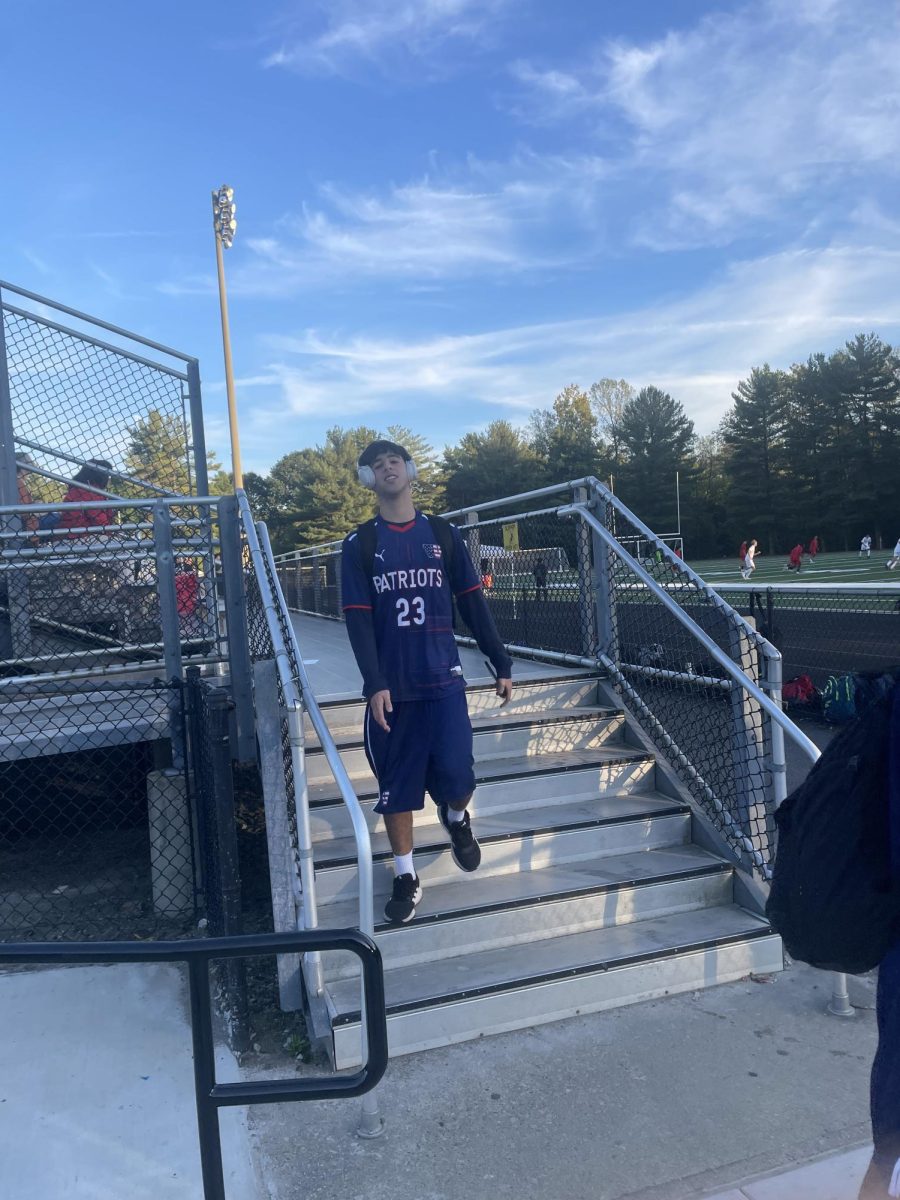The underdog team bolts down the basketball court to score a last buzzer-beating shot during March Madness, prompting cheers and excitement from an enthusiastic crowd, articulating the storytelling that makes sports appealing. The following morning, fans’ buzz is consumed by the thrill of the previous game and fixated on upsets or a particular favorite player.
Among fans there is considerate admiration for the talent and skills that athletes possess on a professional, collegiate and high-school level. Team managers have a tremendous role in the backbone that upholds athletics at every level, including at this school. “It’s important to have team managers because it takes off some responsibilities of the coaches or players and allows them to focus on playing their best while trusting we can write down stats and do things behind the scenes,” varsity girls’ lacrosse manager and sophomore Megan Lomotan said.
Team managers should be a person who the coach and player can depend on to be punctual and complete tasks. It is also imperative that a team manager is “somebody is willing to learn and, just like a good player, is coachable. A team manager may not exactly know how to keep stats for a specific sport like lacrosse but if they are willing to listen to the coach and have somebody help them, those are the kinds of people that you want,” Athletic Director Al Lightsey said.
From sport to sport, the specific responsibilities of a manager differs but the general role of team managers at this school includes assisting with scorekeeping, recording statistics and bolstering athletes. “It depends on how the coach wants to use the team manager. Some team managers just come during games, some come every single practice. Some do physical labor, they work on the field, they bring water to the team, some basically just do scorebooks and videotape,” Lightsey said.
JV softball manager and junior Tali Rosen helps with practices and drills, attends games and is responsible for keeping score. As a JV baseball manager, “My job is to make sure the guys are OK and take account of how many pitches the pitcher throws. I also help the boys warm up before games,” sophomore Justin Arnold said.
Becoming involved in school athletics is an objective that many students strive for, for the purpose of broadening their horizons, fostering new friendships and building extracurriculars. As team manager, “I get to be a part of the experience even if I am not playing,” Rosen said.
Throughout April team momentum escalates, moving past pre-season and into frequent games. The commitment intensifying provides more opportunities for team managers to generate relationships with the coach and players as well as become accustomed to their role and designated function. “I do like being the team manager a lot because I get to hang out with my friends and learn more about the game while watching,” Arnold said.
Although the eager crowd may not always erupt in elation during an invigorating game, as the spring sports season progresses, team managers are there to assist and embolden athletes. “My favorite thing is probably watching the games and writing down stats,” Lomotan said.









